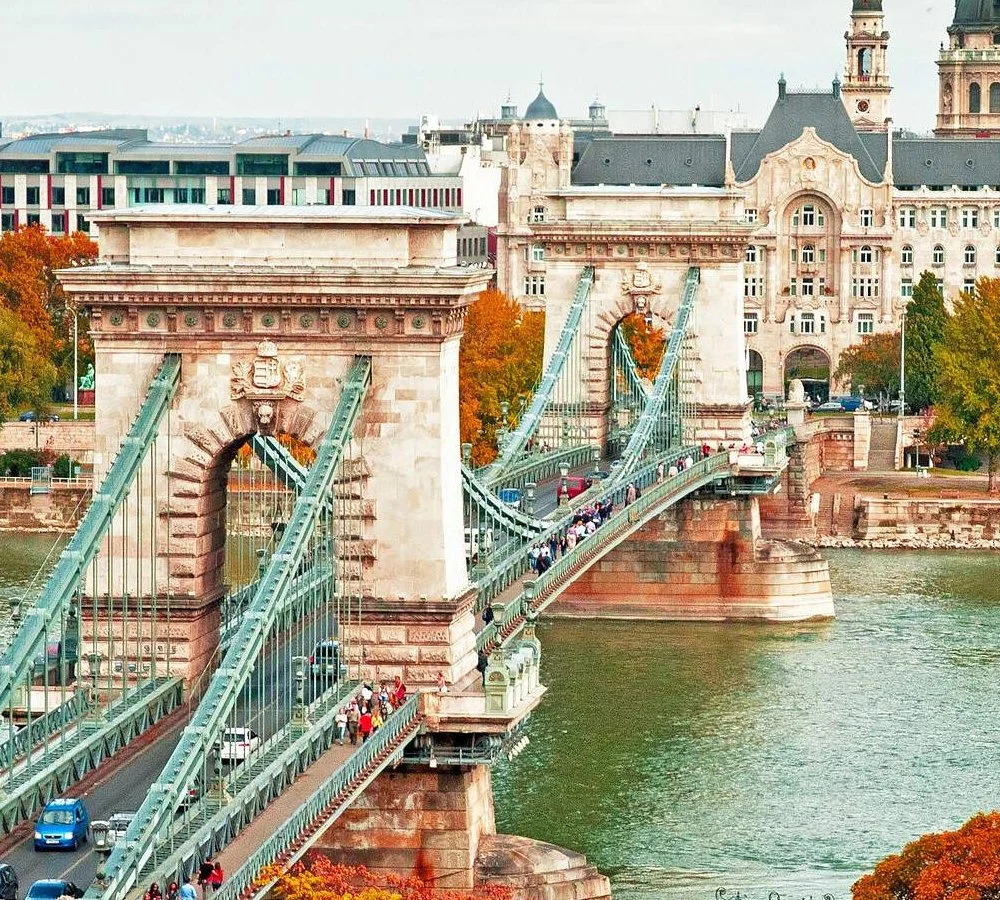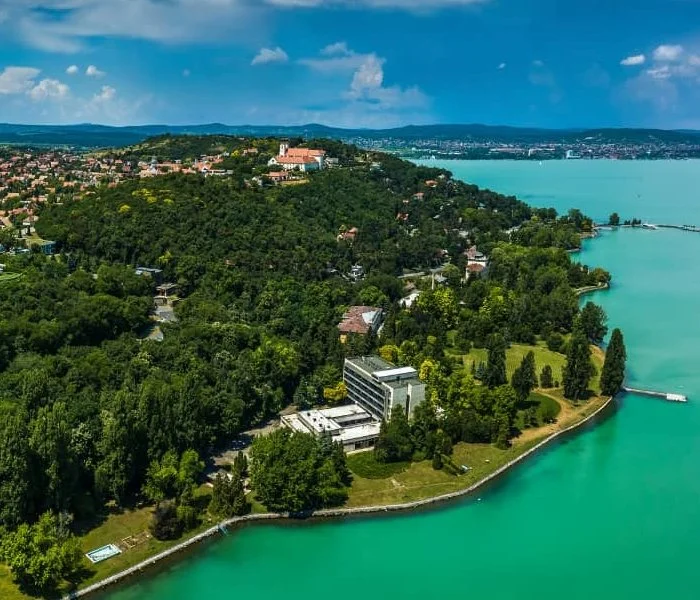Hungary
CET (Central European Time)
UTC+1 (Winter) / UTC+2 (Summer)
Daylight saving time is observed
Hungarian Forint (HUF)
Local symbol: Ft
Exchange rates vary – cash is common
From the Magyar conquest in the 9th century to the Austro-Hungarian Empire
Revolutionary spirit and cultural renaissance through turbulent eras
Rich legacy showcased in historic architecture and museums
Visa-Free Countries
Visa on Arrival Countries
E-Visa Countries
Visa Required Countries
Culture
Hungary’s culture is a vibrant mix of ancient traditions and modern innovation. It is celebrated for its folk art, music, literature, and a distinctive culinary heritage.
Key elements of Hungarian culture include:
- Folk Traditions: Traditional Hungarian music, dance, and costumes remain an integral part of local festivals and celebrations.
- Art and Literature: Hungary has produced renowned composers, writers, and visual artists whose works reflect both national identity and global influence.
- Cuisine: Rich flavors characterize Hungarian food, with dishes such as goulash, paprika chicken, and chimney cake delighting locals and visitors alike.
- Thermal Baths and Spas: A legacy of Roman and Turkish influences, Hungary’s famous baths like Széchenyi and Gellért offer relaxation and cultural insight.
- Festivals: From the Budapest Spring Festival to traditional harvest celebrations, Hungary’s calendar is filled with cultural and musical events.
Modern Hungary harmonizes its historical heritage with contemporary trends, creating a dynamic cultural landscape that is both rooted in tradition and open to innovation.
Tourism & Best Sites to Visit
Hungary offers diverse attractions—from the stunning architecture of Budapest to the serene landscapes of Lake Balaton. Visitors can immerse themselves in history, nature, and vibrant urban life.
Here are some of Hungary's most remarkable destinations:





Budapest: The vibrant capital spans both banks of the Danube, boasting historic architecture, thermal baths, and a lively cultural scene.
Lake Balaton: Known as the “Hungarian Sea,” this vast lake offers recreational activities, charming resorts, and scenic countryside.
Hortobágy National Park: As Hungary’s largest protected area, it showcases the unique steppe landscape, traditional pastoral culture, and diverse wildlife.
Eger: Famous for its castle, baroque buildings, and rich wine traditions, Eger is a historical gem in northern Hungary.
Pécs: A cultural hub in the south, Pécs offers Roman ruins, vibrant street art, and a lively university atmosphere.
Transportation
Hungary features a well-developed transportation network that makes exploring its historic cities and picturesque countryside convenient and comfortable.
- Air Travel: Budapest Ferenc Liszt International Airport is the primary gateway, offering both international and domestic flights.
- Rail and Bus Services: An extensive railway and intercity bus network connects major cities and rural areas, with reliable schedules and modern trains.
- Car Rentals and Taxis: For flexible travel, rental cars and taxis are widely available. Budapest’s public transport system also includes trams, buses, and a metro.
- Regional Transit: Local transit options serve suburban and rural regions, ensuring that even remote attractions are accessible.
Whether you’re exploring urban centers or venturing into the countryside, Hungary’s transportation options ensure a smooth and enjoyable journey.
Airports
Hungary’s airports are modern and well-equipped to handle a high volume of passengers. The main hubs provide extensive international connections along with efficient ground transportation.
- Budapest Ferenc Liszt International Airport (BUD): The largest airport in Hungary, offering flights to major European and intercontinental destinations.
- Debrecen International Airport (DEB): Serving eastern Hungary with a growing number of international connections.
- Regional Airports: Smaller airports in cities like Győr and Pécs facilitate regional travel and charter services.
Ground transportation such as taxis, rental cars, and shuttle services are available at all major airports, ensuring a seamless transition to your destination.
Visa & Travel Information
As a member of the Schengen Area, Hungary follows unified visa policies. Many Western travelers enjoy visa-free entry for short stays, while others must obtain a Schengen visa.
Visa Options by Nationality
The table below outlines visa requirements for common nationalities:
| Nationality | Visa Requirement | Maximum Stay |
|---|---|---|
| Citizens of EU/EEA countries | Visa-Free | No Limit |
| Citizens of USA, UK, Canada, Australia, and most Western nations | Visa-Free | 90 days (Schengen) |
| Most other nationalities | Schengen Visa Required | 90 days |
Visa Application Process: For travelers requiring a visa:
- Submit your Schengen visa application at the Hungarian consulate or embassy in your home country. Required documentation typically includes a valid passport, recent photograph, travel itinerary, and proof of accommodation.
- Travelers from visa-exempt countries should verify if an ETIAS authorization is needed when it becomes mandatory.
Entry Requirements: Visitors must have:
- A passport valid for at least three months beyond your planned departure.
- A valid visa or ETIAS authorization (if applicable).
- Proof of sufficient funds and confirmed travel arrangements.
- Travel insurance covering medical expenses and repatriation.
- Return or onward travel tickets.
